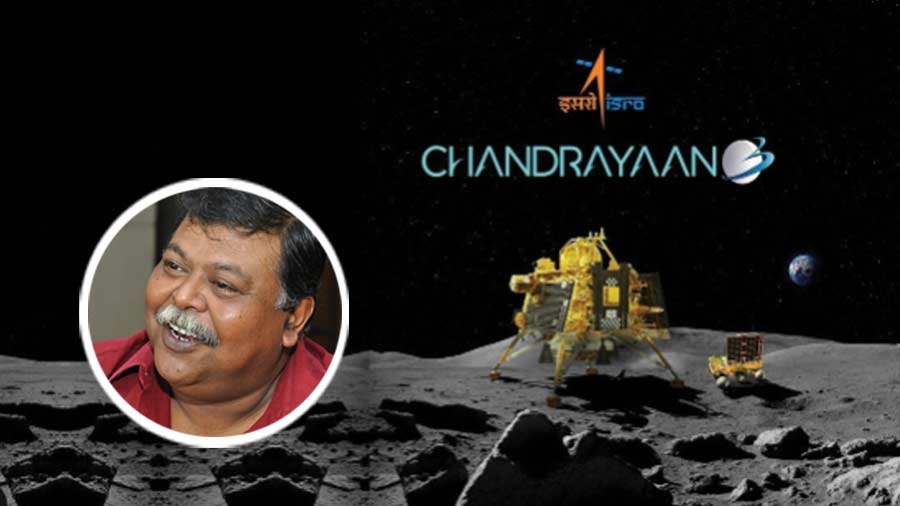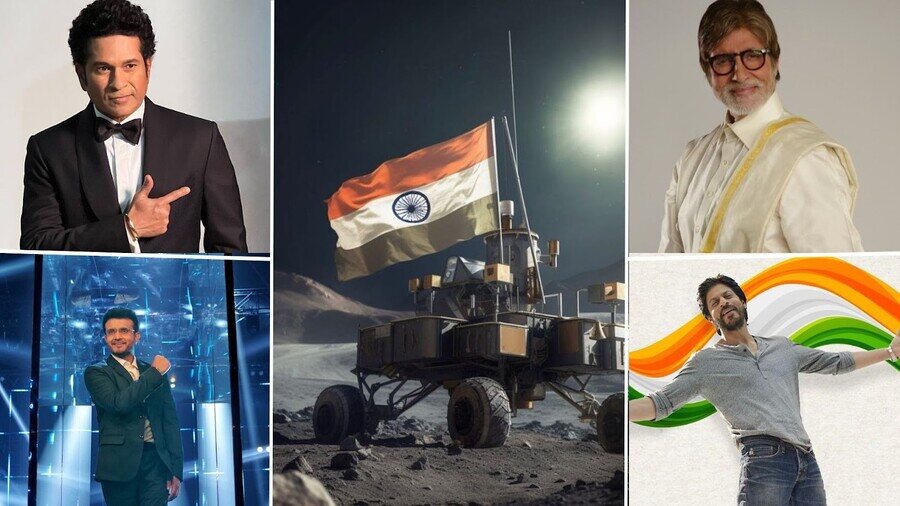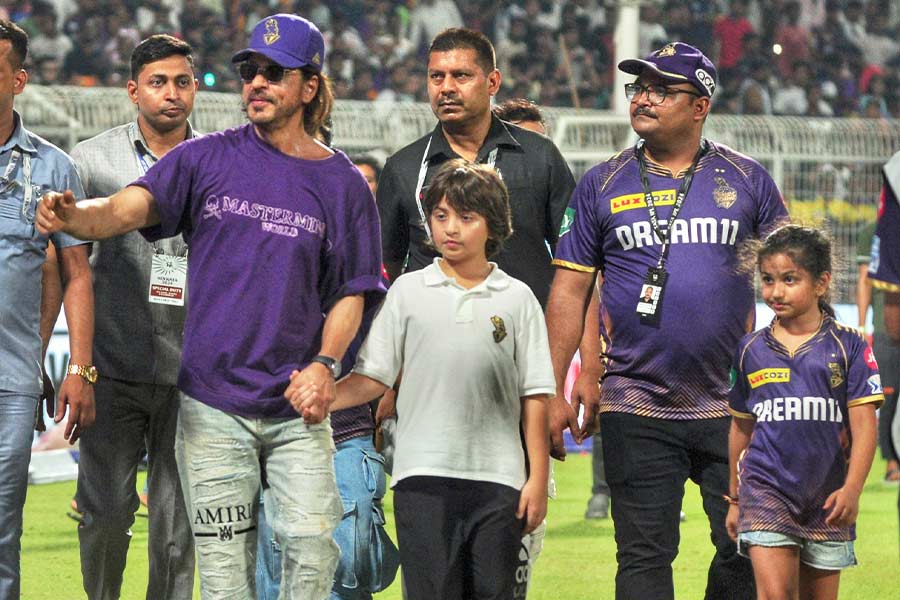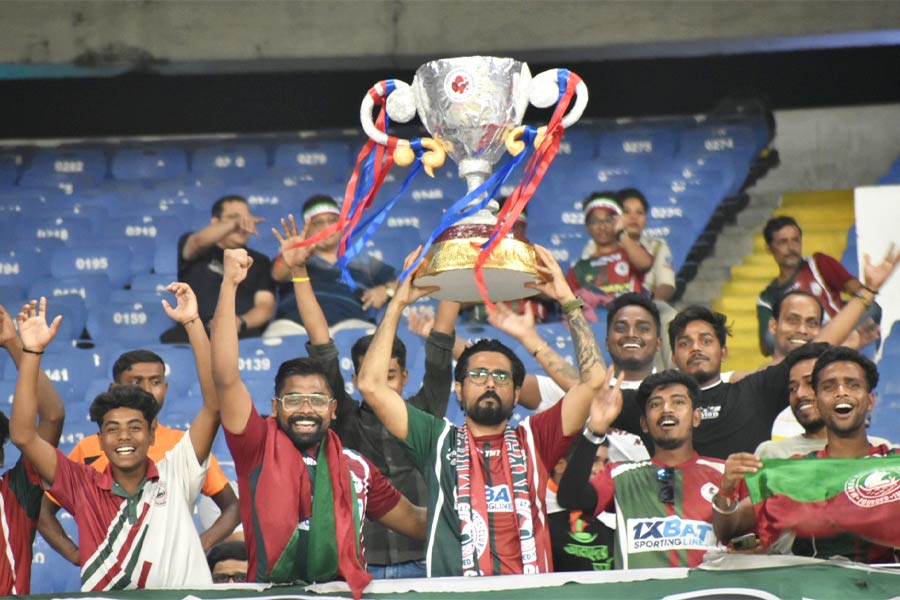Dr Debiprosad Duari, former director of MP Birla Planetarium, has had a busy couple of days. As the Chandrayaan-3 made a successful soft-landing on the Moon, the fellow of the Royal Astronomical Society and International Astronomical Union has been in high demand to explain the technicalities of the mission and its significance.
Duari shared with My Kolkata his thoughts on the lunar mission and the past missions. Excerpts from the chat…
I saw the landing of Chandrayaan-3 on the south pole Moon on a giant screen in the studio of a Bengali news channel, where I had been invited with two other experts to provide a live explanation of the historic event. I was extremely happy, proud and excited.
My excitement was driven by my scientific curiosity. I was proud to be a scientist and saw the entire event as a victory for science as knowledge has no boundaries and it is not limited by any caste/creed or religion. For me, the entire discussion about India and Russia “competing” to reach the Moon and how Russia failed seems like more of an emotional outburst than a scientific and logical conversation. I also don’t see any point in taking a count of how many scientists in ISRO belong to which region or state of the country. If you see, 70% of ISRO scientists are from the southern states of the country, but that doesn’t make ISRO a south indian organisation.
While watching the successful landing of India’s third lunar mission, I couldn’t help but remember the Chandrayaan-1 mission of 2008. I was the director of the Birla planetarium then and had organised a series of special shows for children to mark the occasion. It was an extremely important mission because, for the first time, it discovered the presence of water molecules on the parched lunar surface and established that the Moon has an atmosphere during the day. With that, a pioneering observation had been made in the field of science. After that, in 2019, when the Chandrayaan-2 mission failed to succeed, I was not very disappointed because success and failure are both parts of a scientific experiment. No scientist or organisation can succeed in all the experiments they conduct.
Chandrayaan-3 was an immensely important mission for a number of reasons. Firstly, it intended to land near the south pole of the Moon and it did. The south pole is filled with boulders, craters and has been an uncharted territory so far. It is difficult to land there because the rocket needs to travel more to reach the south pole, which means consumption of more fuel and that adds to the weight of the craft. This changes the entire calculation of rocketry. Secondly, in the past 50 years, no country except China had made a landing on the Moon. In half a century, only China and India could successfully land on the moon.
All said and done, Chandrayaan-3 was an extremely special mission and, as a scientist, I am now eagerly waiting to see what information we gather from this mission. On the other hand, I also want this mission to inspire more youth to take up science as their career.



 (@chandrayan_3)
(@chandrayan_3)



